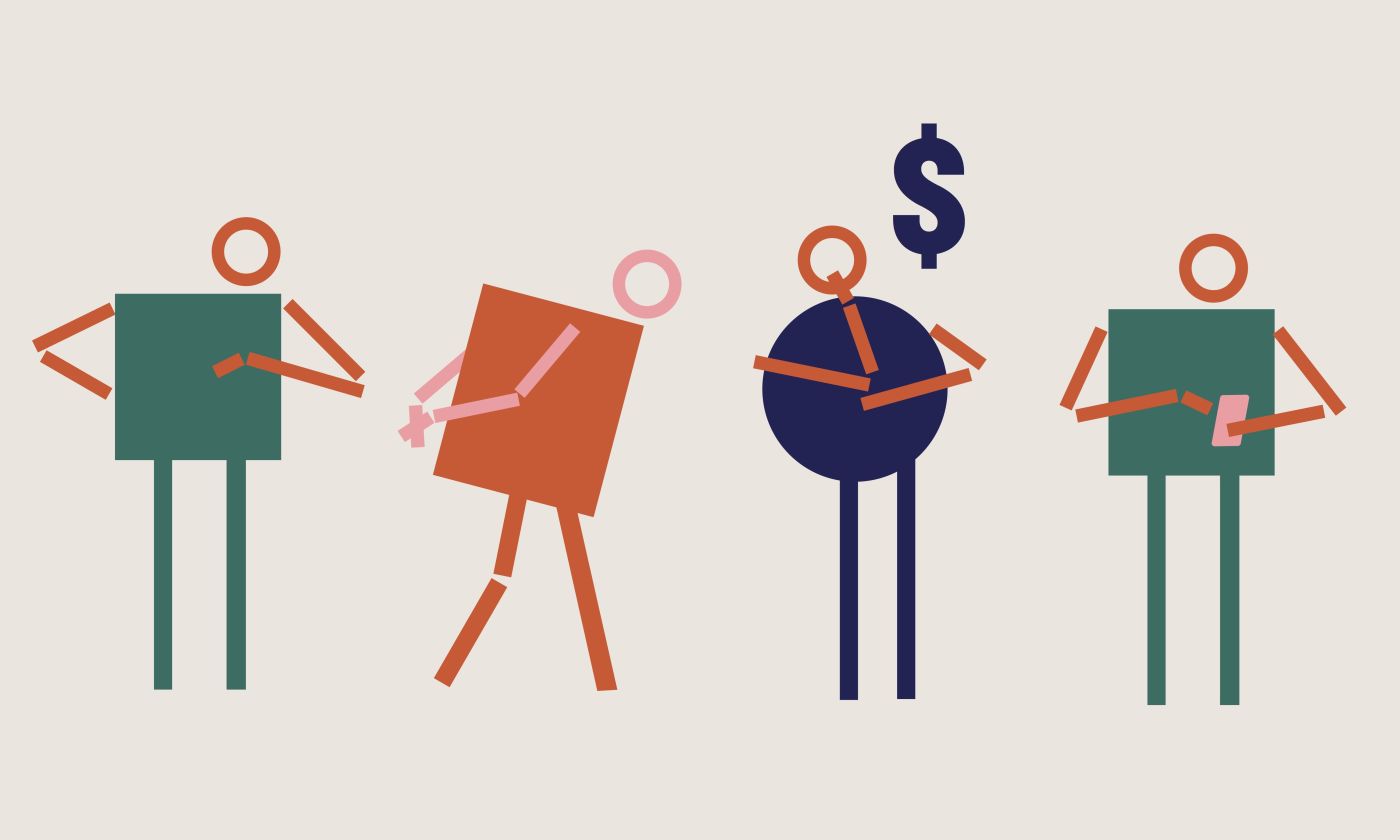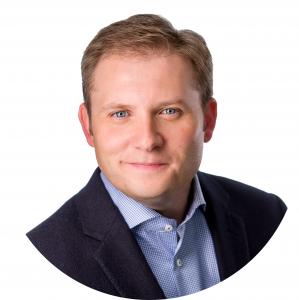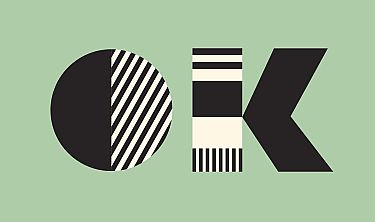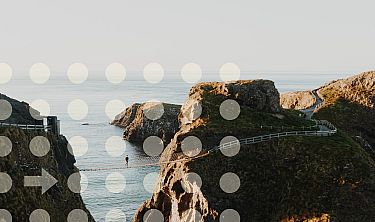Jake Nassif is a freelance copywriter and has spent the last 12 years building a career in the Twin Cities. He writes things for global groups like Sesame Street and Microsoft and for diverse organizations, from Children’s Hospital to Penumbra Theatre in Minneapolis. He told us how he makes it work, how to stay interested and how to weather the cycles of freelance life.
What’s great about working as an independent consultant?
For all the risk and uncertainty, freelancing is my dream job. It’s about control: choosing who I work for, the kinds of projects I take on, and how I spend my time. The freedom of freelancing is worth more to me than any promotions or bonuses I’m missing. Plus, I don’t have to deal with being laid off, commuting, or the guy who microwaves fish for lunch.
How did you get started as a freelance writer?
I knew I wanted a creative career, but it was an indirect journey. After college, I cooked hot wings, served legal documents, and made newspaper tear-sheets (a job that barely survived into the 21st century). I got my foot in the door the way a lot of people do, with an internship. I found out what I was good at, started cobbling together a portfolio, and made as many connections as I could. Early on, I saw how many interesting opportunities were out there — not just where I was working. As soon as I felt ready, I used my network to find my own clients and cut the cord with my agency. That was 13 years ago.
What's hard? What has been different than you expected?
You learn quickly, it’s a hustle. Freelancing demands so much more than talent on the project. I am my own IT, finance department, supplies manager, and motivational guru. No one’s out there lining up my jobs, shaking the trees for payment, making sure my insurance is affordable and my retirement doesn’t evaporate. Just about the time you master all those hassles (or outsource them), something changes.
How has your career changed for you?
It never stops. One year you might have four big clients, the next you have 20 small ones. I never expected to learn so much about agriculture, theatre, or architecture — or that I would ultimately find them fascinating and important. Change either happens to you or you make it happen. The more industry white papers and direct mail catalogs you write, the more you’ll be invited to write. So you have to embrace the work you have or set a new course.
How do you find your clients?
Minneapolis is a mid-sized city with a huge amount of opportunity if you get hooked in. For me the pipeline has always included creative agencies, large, boutique, and virtual. But increasingly I contract directly with clients and work with them for years. People are kind in recommending me to their colleagues; this network effect is strong enough that my work has remained steady. In the last few years, I’ve been carving out a sweet spot: the arts, education, and non-profits, companies most aligned with things I care about. That’s meant seeking introductions, building teams, and answering RFPs. It’s a longer path to billable work, but easier to love (which is what the best work needs).
Do you ever say no to a client?
During my first few years as a freelancer, I took everything I could fit on my schedule. It was a good period for learning and earning. But I’ve grown pickier. Do I think the world needs what we’re making? Will I enjoy working with these people? Will it make the Twin Cities a better place to live? Most importantly: Will I learn something? When I can’t answer ‘yes’ to most of those questions, I decline the offer. I have a rule of thumb: If I’m not excited to share anything I’m doing with my friends (especially people outside the business), I need some new clients.
What have you learned to look for in a client that's a good (or bad) fit?
I don’t think there are wrong fits so much as wrong expectations. If everyone agrees to the goals and the process, I’ve found that any conflicts and challenges that arise are not deal-breakers. That said, when someone tells you at the first meeting that they sued the last team they hired, that’s a red flag.
What advice do you have for other creatives who want to strike out on their own?
My spouse is an artist and also works for herself. We have something we call the “F$#k Yeah, Oh F$#k” theorem of independent work: a predictable cycle of big wins that often lead directly to situations of being overwhelmed and in crisis, followed by dry spells and worries your career is dead. Realize this is a normal part of the process and learn to ride the waves, financially and emotionally.
Also, you need a desk. After six months at your living room table, go to BluDot.
What, in your view, has been the key to sustained success?
An obsessive personality that fears failure and poverty. If you aren’t low-level worrying all the time, you may not have it in you.
What's your all-time favorite client?
I can honestly say the best stuff I have done is not for prestige clients, cool as those are, but for the small, local group that does amazing work but isn’t on most people’s radar. I love going into an environment like that — where no one is looking for great work — and blowing it up. I’m helping launch a new company that can narrow the achievement gap in high-poverty classrooms. I recently collaborated with the counsel of U.S. chief justices on a report about transforming our civil justice system. Sometimes the biggest thing is learning how to be interested. If you can nail that, this gig is unbeatable.
